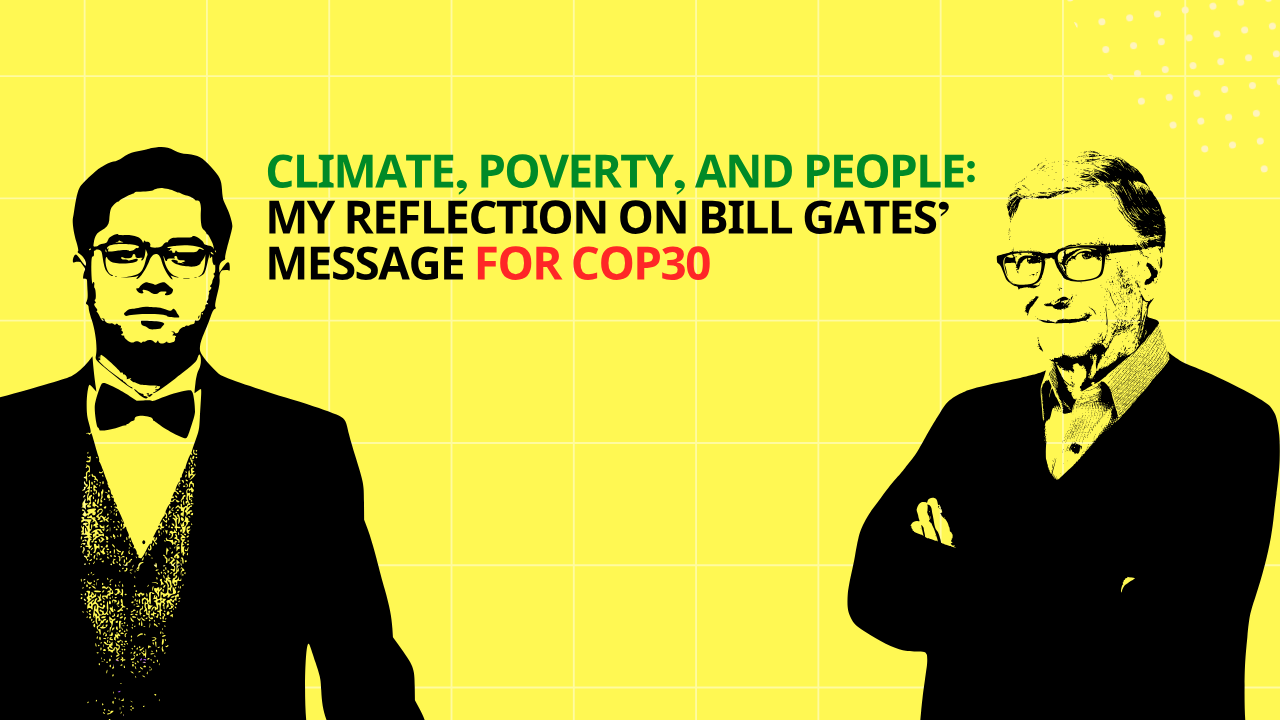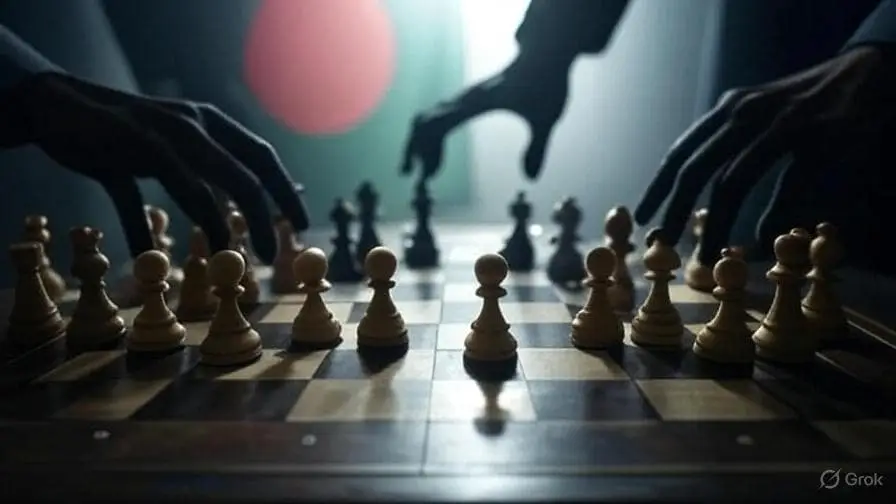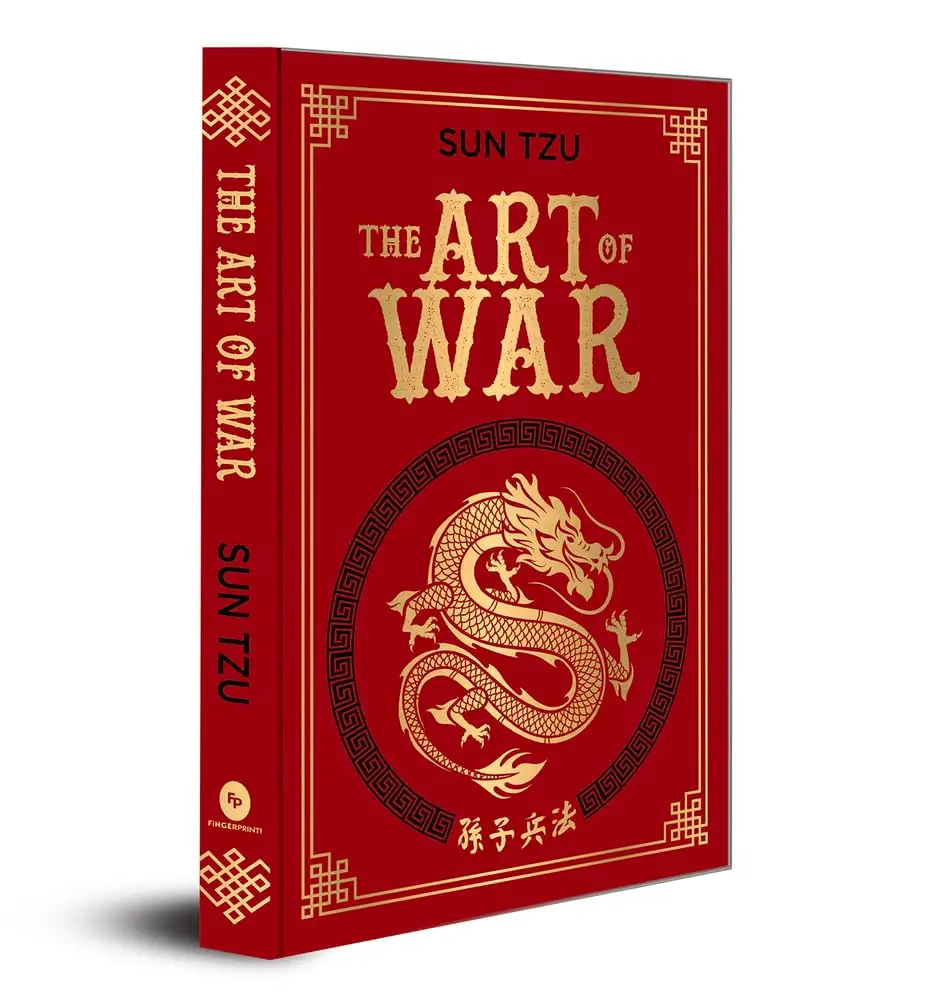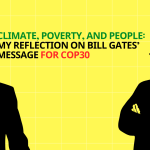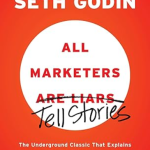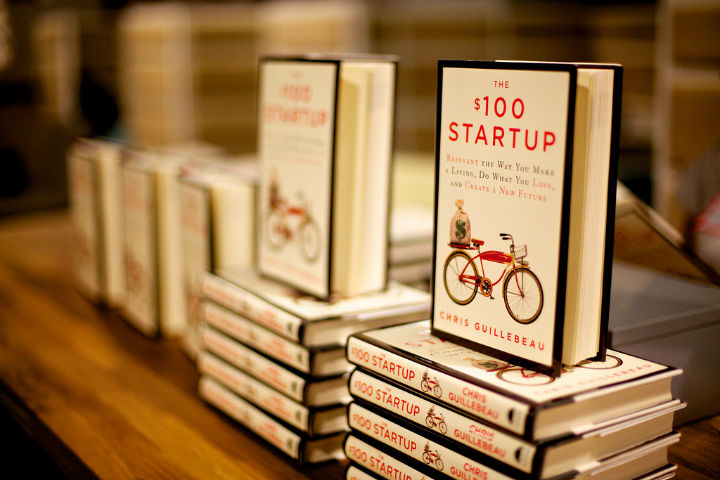
The $100 Startup by Chris Guillebeau | A book summary for youth
Imagine this: you don’t have a lot of money, no big investors, no MBA degree – but you still dream of starting something on your own. This is exactly what Chris Guillebeau’s book The $100 Startup is about. It’s a guide for ordinary people who turned very small investments – sometimes as little as $100 – into full-time income, freedom, and meaningful work.

Chris himself is a traveler, writer, and entrepreneur who has visited almost every country in the world. He noticed something interesting: people all around the globe were starting micro-businesses with almost nothing but passion, creativity, and hustle. He collected their stories, studied how they worked, and turned them into practical lessons anyone can follow. If you want to order this book, Click the link here, Bangla: দ্য $১০০ স্টার্টআপ (হার্ডকভার) and English: The $100 Startup.
The Core Idea
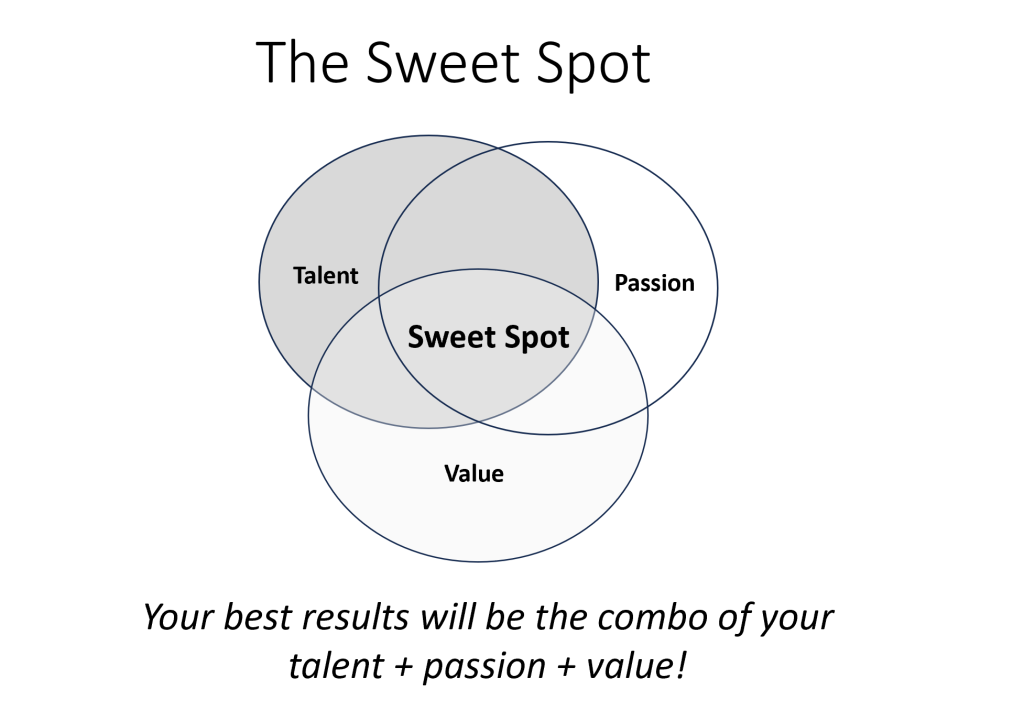
You don’t need a big business plan or a lot of money to start. You just need two things:
- Something you’re good at (a skill, passion, or talent).
- A way to make it useful for others (so they’ll pay for it).
Chris calls this the “sweet spot” – where passion and usefulness meet. For example:
- A guy loved photography → he offered cheap but stylish portraits → boom, a business.
- A woman loved yoga → she started teaching classes in her neighborhood → it grew into a studio.
- Another person loved writing travel tips → they created a paid online guide.
None of these people waited for millions in funding. They started small, tested quickly, earned a little money, reinvested, and grew step by step.
Stories That Stick

One of the best parts of the book is the real-life stories. Chris doesn’t just preach theory – he shows you people who did it. For example:
- A Canadian woman started selling maps of her city with cool travel tips – just from her love of design and travel. That little project made her a full-time income.
- A guy who loved fish tanks built a small online site about aquarium care. It looked niche, but soon thousands visited, and he earned more than a corporate salary.
The book is full of these simple yet powerful stories. They remind us that ideas don’t have to be fancy or “next Facebook.” They just need to solve a problem or bring joy to people.
What Bangladeshi Youth Can Learn
Now, let’s connect this to us. In Bangladesh, many young people think starting a business means needing lakhs of taka, a big office, and investors. That’s why most don’t even try – they wait, dream, and often give up.
But The $100 Startup shows another way: start tiny. Use what you already have.
Think about it –
- You love baking? Start selling cakes on Facebook, even just to friends at first.
- You’re good at English? Start tutoring students online.
- You know Canva or Photoshop? Start freelancing designs.
- You’re into cycling? Start a weekend cycling group, later connect with sponsors.

The key mistake our youth often make is waiting for perfect conditions. They say, “I’ll start when I have more money… or after I finish my degree… or when I get an investor.” But in reality, conditions are never perfect. You don’t need lakhs, you can begin with what’s in your pocket.
One relatable example: A university student in Dhaka once started a t-shirt business with just a few printed designs. He posted them online, got some orders, reinvested the money, and slowly expanded. Today, his brand is well-known among students. It all started with maybe 3–4 shirts.
Another one: A young girl from Sylhet who loved mehndi (henna art) began offering designs at weddings for free to build a portfolio. Soon, her reputation grew – today she charges fees and even trains others.
These are $100 startups in Bangladeshi style.
Lessons in Simple Words
From the book, here are the most useful takeaways for us:
- Start small, start now. Don’t wait for the “right time.” Test your idea quickly.
- Follow the money. Passion is great, but make sure someone is willing to pay for what you offer.
- Value > Price. People don’t always choose the cheapest option, they choose the one that feels most valuable to them.
- Be flexible. Your first idea may not be the final one. Adjust based on feedback.
- Freedom matters. A business is not just about money – it’s about creating a life where you have freedom of time, creativity, and purpose.
Why This Book Feels So Relevant
Bangladesh is full of young energy, but many are stuck thinking:
- “I have no money to start.”
- “Business means big risks.”
- “I need to be rich or highly educated first.”
The $100 Startup breaks all those myths. It says – you can be broke, average, and still start something meaningful. You just need to be curious, resourceful, and willing to learn.
And here’s the best part: in today’s Bangladesh, with social media, bKash/Nagad, and online platforms, starting small has never been easier. You can reach people directly, test quickly, and grow without middlemen.
A Note from me

Chris Guillebeau’s message is simple: you don’t need permission to start. You don’t need an investor, a fancy office, or approval from society. You just need to begin – with whatever skills and resources you have right now.
If you’re 20–25 and reading this, your dream business might be only one small step away. Maybe your first step is opening an Instagram page, calling a friend, or putting up your first product for sale.
Like Santiago in The Alchemist, or the tea stall students in Dhaka, your treasure doesn’t appear all at once – it grows as you walk the path.
So, why not start today? With 1,000 taka, 2,000 taka, or even just your skills and phone – you can plant the seed of your own $100 startup. And who knows? That small step could give you the freedom and purpose you’ve been searching for.
About the writer
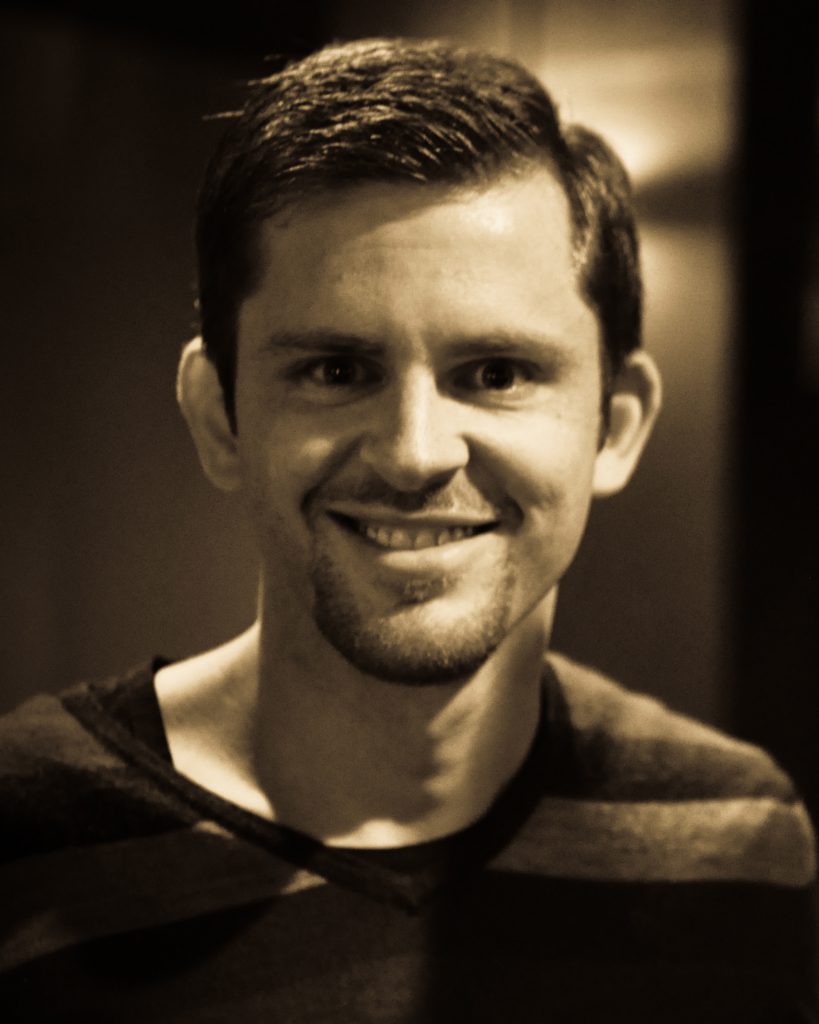
Picture Credit: Wikipedia
Chris Guillebeau is an American writer, traveler, and entrepreneur best known for inspiring people to live unconventional lives and pursue meaningful work. He is the author of bestselling books like The $100 Startup, The Art of Non-Conformity, and The Happiness of Pursuit. His writing often blends practical advice with personal stories, showing how ordinary people can build businesses, travel the world, or create projects that matter without waiting for permission.
Chris is also known for his travel quest – he visited all 193 countries in the world before turning 35, proving that bold goals can be achieved through persistence and creativity. Beyond books, he created the annual World Domination Summit in Portland, Oregon, a gathering for people who want to “live a remarkable life in a conventional world.”
Thank for giving me your time while reading this. Getting anyone’s time is the most precious thing for me. To read my other blogs like Building Social Business by Yunus | A book summary for youth, Phobia to Nervous moment? Is it normal?, and The Shondha River Stole My Childhood: Why I’m Fighting Climate Anxiety, you can click here.

